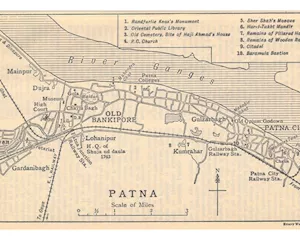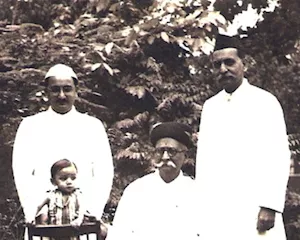Exhibitions see a silver lining
Amid the chaos induced by the Covid-19 pandemic, trade show organisers say it’s not all doom and gloom for the exhibition industry. Is this just a temporary phase? Aultrin Vijay reports
30 Nov 2020 | By Aultrin Vijay
A contagion, several lockdowns and many deaths. This year has brought misfortunes to many and fortunes for some. And human evolution shows us that the most adaptable will survive. Likewise, the trade show industry – after initial setbacks – has been adapting to the changes that the pandemic brought with it and limping back to normalcy.
Trade shows world over started facing the heat when the pandemic was in its initial stages. The sheer momentum of the spread of virus forced governments to ban large gatherings, which subsequently hit the trade shows, which was forced to postpone its exhibition schedules. However, the major blow to the trade show industry came in the form of exhibitors canning the show entirely or in part.
The first announcement was from the largest press manufacturer in the world – Heidelberg. The German firm said that it will pull out of all international expos next year, including Drupa. Likewise, many companies opted out of the giant Interpack show, which includes some exhibitors that also exhibit at Drupa. Then it was the Domino effect that the industry observed with major exhibitors such as HP, Xerox, Bobst, Canon, EFI, Kodak, Konica Minolta, Komori, Manroland Sheetfed, among others withdrawing from trade shows, including Indian exhibitions.
Instead, many companies opted for showcasing their products digitally through virtual exhibitions, and interacted with customers through webinars. Heidelberg recently conducted a five-day virtual programme titled Heidelberg Innovation Week to highlight its products and the latest technologies it has to offer. Likewise, W&H and Erhardt+Leimer took the virtual route to showcase its products.
Ace trade show organisers also shifted to virtual exhibitions owing to the lockdown restrictions. ProPak India, PrintExpo, Packimpressions, Frankfurt Book Fair, Packaging Expo India, among others have announced their respective virtual versions of exhibitions. Trade show organisers such as AIFMP, Informa Markets and Reed Expo have also been conducting webinars to keep the relation with its customers alive.
However, trade show organisers believe that this exodus will be short-lived. With Government of India permitting B2B exhibitions to be conducted, trade show organisers are eagerly waiting for the good old days of in-person interactions and industry get-togethers.
“I feel it is a temporary phase... preference for feel and touch is always there and will remain so in future, too,” says Kamal Chopra, chairman, Pamex and president of All India Federation of Master Printers (AIFMP).

Speaking about the pandemic’s impact on the industry, Dayaker Reddy, president, Indian Printing Packaging and Allied Machinery Manufacturers’ Association (IPAMA), says, “The pandemic has affected the entire world badly, including the Indian community. However, as an association and the organiser of an exhibition, the impact has been on the minimum scale.”
Another term that has been doing the rounds in the industry is “hybrid exhibitions”. This essentially means a combination of virtual and live exhibitions. The term is best explained by Sabine Geldermann, director at Drupa: “Hybrid trade fair will combine the on-site event with additional digital content. With the hybrid show, we also give those visitors who are unable to travel the possibility to take part in the industry get-together. At the same time, we meet exhibitors’ needs to reach the international community personally.”
Meanwhile, Milind Dixit, managing director at Koelnmesse India believes that there is no replacement for one-to-one interaction. “Meeting people is the very human nature of all of us, especially in the Asian continent. I foresee an era of hybrid exhibitions.” Similarly, Neil Felton, CEO, Fespa feels that “virtual meetings have played a useful role, but they’re no substitute for in-person meetings”.
Most of the industry insiders strongly agree that in-person meeting is essential for business development. But, according to Raj Manek, managing director at Messe Frankfurt India and executive director and board member of Messe Frankfurt Asia, digital intervention can be a major asset if used to its potential. “However, it has to be balanced with in-person meetings, be it within organisations or with clients, business partners and industry associates,” he concluded.
Drupa, Gartex Texprocess and Screen Print have already announced that its events will be hybrid in 2021. This itself shows that it’s not all doom and gloom for the trade show industry. The show must, and will, go on.















 See All
See All